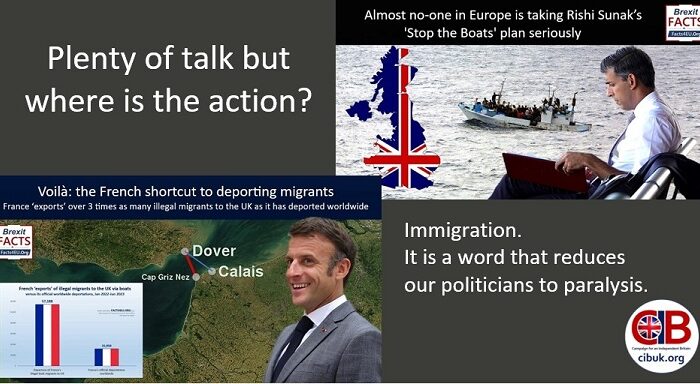English – the most studied language in the EU!

It is extraordinary how often day-to-day events can blind one to the most basic facts staring one in the face.
How many of us knew for example that the most popular language now being taught in EU schools is English? It is also the most popular language of choice in vocational education too.
Spoken all over the world, English also remains an official language of the EU despite the UK having left the European Union.
Who said Britain was a Brexit backwater? The entire world it seems wants to come here and learn our language.
We are grateful to our research affiliate for the following report which we publish in full below with a link to the original beneath it.
The most-studied language in the EU originates from a country that is no longer in the EU
Slightly inconvenient for the French, n’est-ce pas?
Tuesday last week was the EU’s “European Day of Languages”. It must therefore have been difficult for them to publish the reality – that English is the No.1 language taught in secondary schools across the EU, by a very long way. Almost 97% of all pupils study it, as they revealed in the latest announcement.
English is of course spoken in Ireland, where it is one of two languages. It is also used in Malta.
This annual event – held since 2001 – is intended “to promote Europe’s linguistic and cultural diversity and to encourage lifelong language learning for better cultural understanding.” Below we show the reality today.
Summary
Most popular language learnt in EU schools
- English : 96.8%
- Others : 3.2%
[Source : EU Commission (Eurostat), 26 Sept 2023.]
© Brexit Facts4EU.Org 2023 – click to enlarge
Learning English in schools
The latest data from the EU shows that in 2021, English was the most studied foreign language at the secondary school level and vocational level in the EU, with 96.8% and 78.6% of students learning it, respectively.
In terms of general education, Spanish ranked second, followed by French, German, and Italian. Russian was the second language of non-EU origin most commonly learned in the EU, especially in Estonia, Latvia, Lithuania, and Bulgaria.
Learning English in vocational studies
In vocational education, English once again came first. The German language came in a long way behind in second place, followed by French, Spanish and Russian. In the latest data, Russian was mostly learned in Latvia, Bulgaria and Cyprus.
The tower of EU Babel
Here is how the EU’s official languages have been added to over the years since the EEC was first established in 1957.
- 1958: Dutch, French, German, Italian
- 1973: Danish, English
- 1981: Greek
- 1986: Portuguese, Spanish
- 1995: Finnish, Swedish
- 2004: Czech, Estonian, Hungarian, Latvian, Lithuanian, Maltese, Polish, Slovak, Slovenian
- 2007: Bulgarian, Irish, Romanian
- 2013: Croatian
Multilingualism is enshrined in the EU’s Charter of Fundamental Rights: EU nationals have the right to use any of the 24 official languages to communicate with the EU institutions, and the institutions must reply in the same language. Meetings of the European Council and the Council of the European Union are interpreted into all official languages. MEPs have the right to use any official language when speaking in the EU Parliament.
English remains an official EU language, despite the United Kingdom having left the European Union. It remains an official and working language of the EU institutions as long as it is listed as such in Regulation No 1.
Please support our work:
Observations
Whatever happened to “the language of diplomacy”?
Many years ago, the French managed to get their language recognised as “the language of diplomacy”.
When we first started researching the EU it was not uncommon to read announcements from the EU Commission which were only available in French. Now this is a rarity and only seems to happen when the Commission prefers to “bury” some bad news.
The reality is that the English language now dominates the EU, since the accession of so many countries who value English over French. It is easy to gloss over this but it is another sign of the ‘soft power’ Brexit Britain continues to have.
Cynics will point to the USA as the reason for the popularity of the English language in Europe. We would simply ask them: “Where did the Americans get their language?”
And for those who don’t travel a lot and who don’t know, a British accent when speaking English remains a sign of culture and education in many places – in the EU and especially in the US.
The original article can be found here.
CIBUK thanks its Affiliated Organisation Brexit Facts4EU.Org for permission to republish this article.
Main image: Montage © Facts4EU.Org 2023






